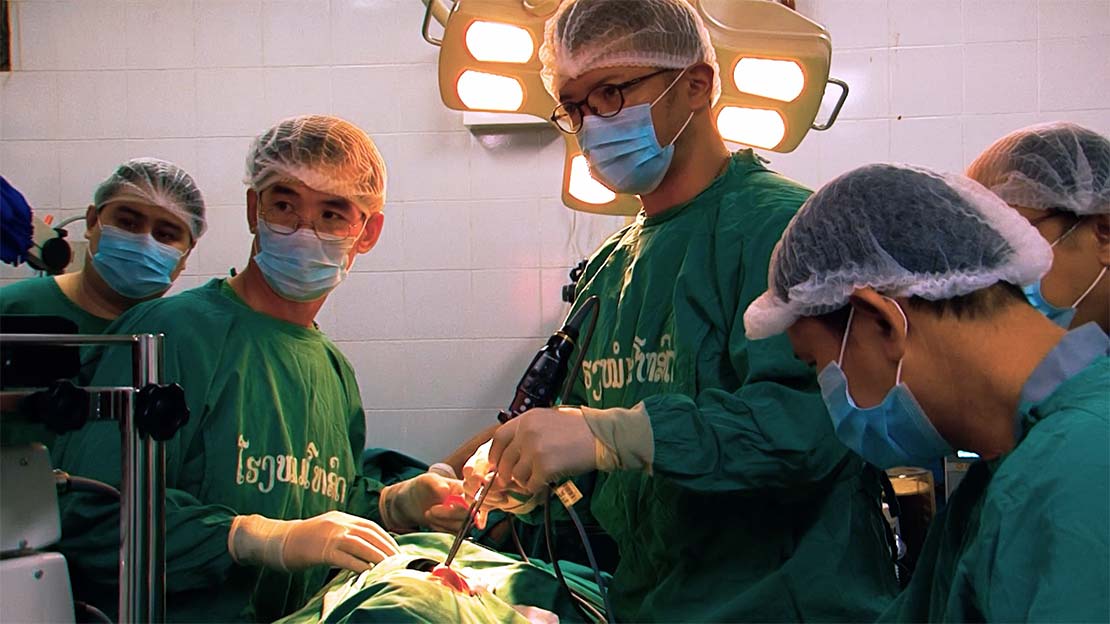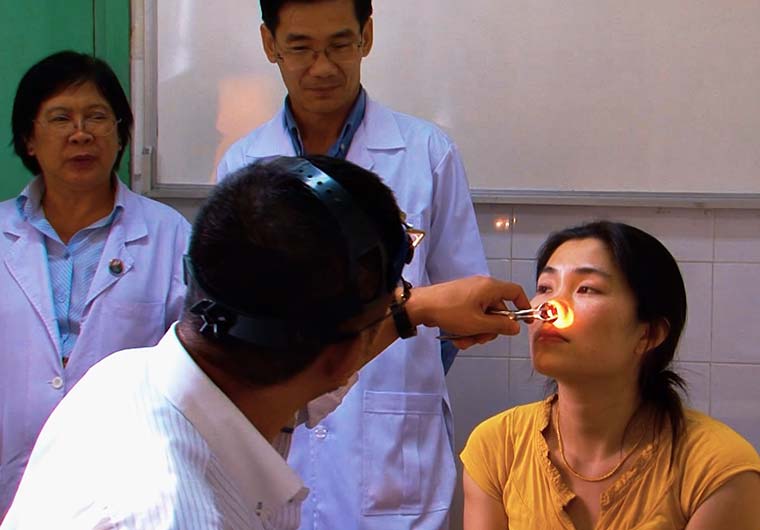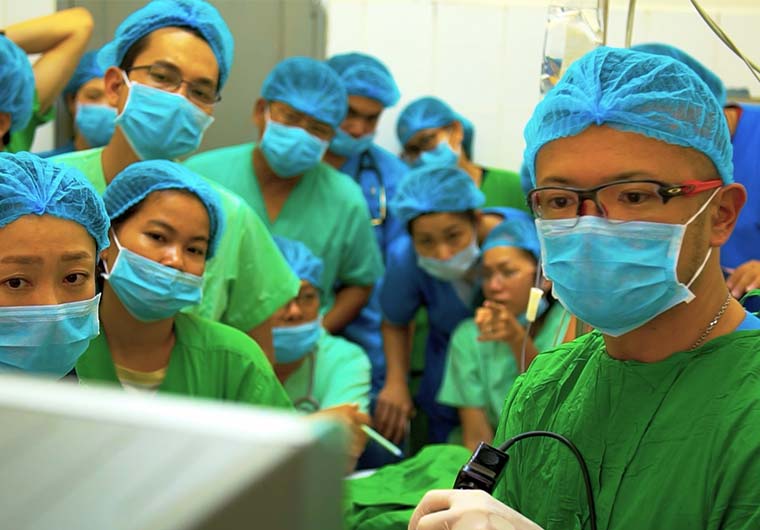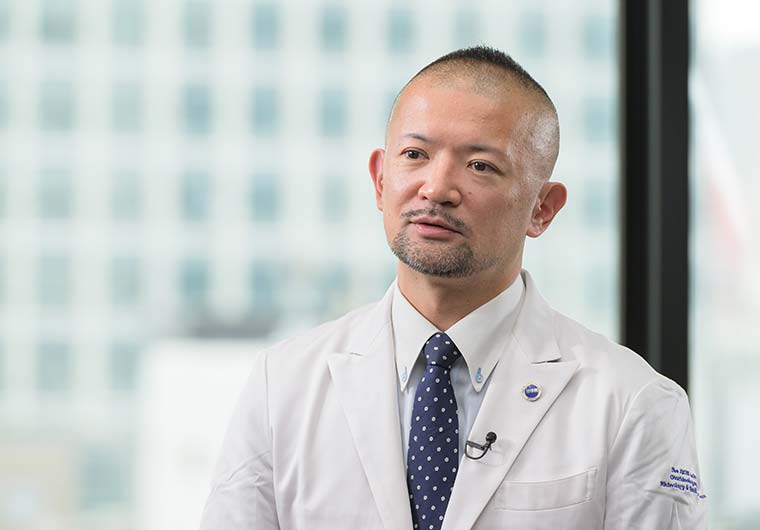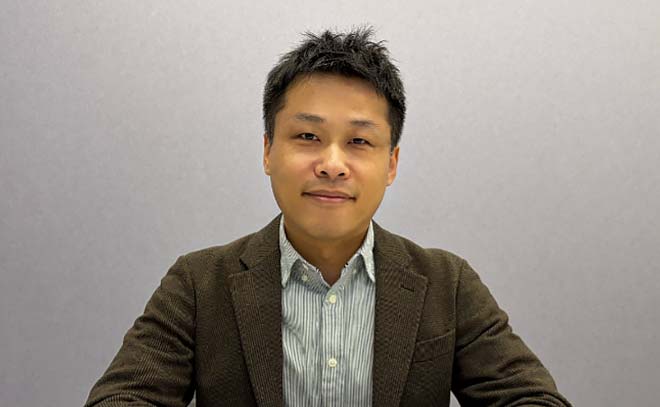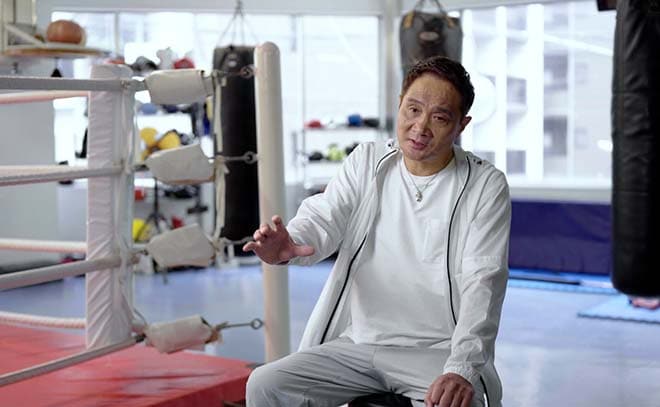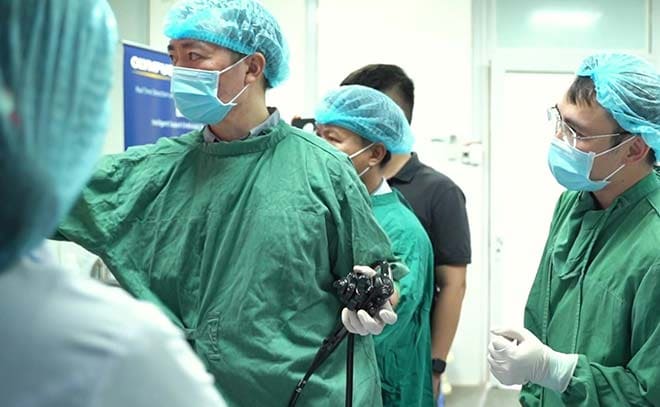Raised by a father who was a doctor and a mother who was a pharmacist, Dr. Omura naturally gravitated towards a career in medicine. Initially interested in terminal care, he decided to become a surgical oncologist after hearing various doctors’ stories. “My goal is to become the kind of doctor who will be trusted to conduct the surgery of someone special to me, such as my best friend's parents. This guiding principle has never changed,” says Dr. Omura.
He initiated his international collaboration in 2007, joining an international NGO which provided medical support to local hospitals in Southeast Asia, with a focus on Myanmar. Despite challenging conditions with inadequate medical equipment and occasional power outages, Dr. Omura passionately engaged in treatments and surgeries. Local medical staff and patients affectionately called him “Bala,” the Burmese word for “strong person.” This signaled the “birth” of “Dr. Bala.”
Since then, he has been visiting various Southeast Asian countries, continuing his own commitment of dedicating one week per year to local medical support. During his visit, Dr. Omura gathers patients and performs three to four surgeries per day. While conducting endoscopic surgery at local hospitals, he teaches high-level medical techniques to surgeons from various countries. “I clearly remember a patient from Laos who was said to be beyond help. This patient made a tremendous effort to come all the way from a rural area, and we managed to treat him successfully through surgery. In Cambodia, I once treated a patient who had undergone surgery eight times without success. Many patients are crying in despair, unable to receive treatment. Helping them through surgery is immensely fulfilling,” Dr. Omura reflects.



